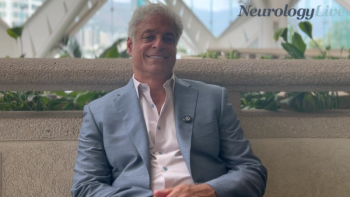
At MDS 2025, the chairman and CEO at ABLi Therapeutics discussed phase 2 results of risvodetinib, a highly selective c-Abl inhibitor, in patients with Parkinson disease. [WATCH TIME: 5 minutes]

At MDS 2025, the chairman and CEO at ABLi Therapeutics discussed phase 2 results of risvodetinib, a highly selective c-Abl inhibitor, in patients with Parkinson disease. [WATCH TIME: 5 minutes]

Mind Moments®, a podcast from NeurologyLive®, brings you an exclusive interview with James Berry, MD, MPH; and Jinsy Andrews, MD, MSc. [LISTEN TIME: 28 minutes]

Beatrice Yang, MSc, lead specialist for patient insights at Lundbeck, discussed how incorporating patient and caregiver feedback helped shape the design of a phase 3 multiple system atrophy trial to make participation more practical and patient-centered.

Eva Mistry, MD, an associate professor of neurology at the University of Cincinnati, discusses the mechanism, rationale, and clinical data supporting SCP776, a first-in-class IGF-1-based cerebroprotective therapy for acute ischemic stroke.

The phase 3 FORTIFY trial of BBP-418 met its primary and key secondary interim analysis end points and demonstrated a safety profile consistent with prior studies in patients with LGMD2I/R9.
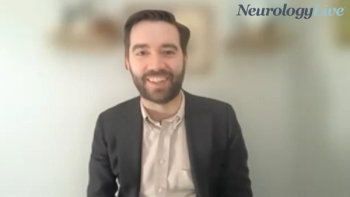
The executive vice president of public policy and advocacy at the Muscular Dystrophy Association discussed how collaboration can improve policy, funding, and care for patients with neuromuscular diseases. [WATCH TIME: 7 minutes]

Liche Zhou, MD, of the department of neurology at Jiang University School of Medicine, provided commentary on new phase 1 data on an iPSC-targeted cell therapy presented at the 2025 MDS Congress.
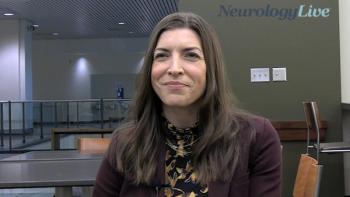
The president of the National Society of Genetic Counselors discussed the 2025 NSGC conference, highlighting AI and gene therapies as key topics, while noting the importance of genetic counselors in clinical care. [WATCH TIME: 4 minutes]

New trial results reveal alixorexton's significant efficacy in treating narcolepsy type 2, marking a potential breakthrough in sleep medicine.
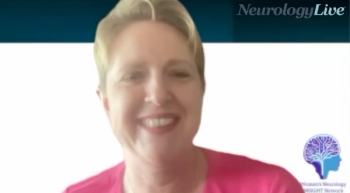
The co-founder of the Women Neurologists Group shared her experiences from the 4th Annual Women in Neurology Conference in Colorado Springs, highlighting its focus on education and wellness. [WATCH TIME: 6 minutes]

Findings from a second phase 3 trial, dubbed FENhance 1, assessing fenebrutinib in patients with relapsing multiple sclerosis are anticipated by the first half of 2026.
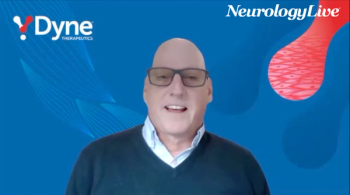
The chief medical officer at Dyne Therapeutics discussed the ACHIEVE trial’s early results, highlighting z-basivarsen’s potential to meaningfully improve muscle and CNS function in patients with myotonic dystrophy type 1. [WATCH TIME: 3 minutes]

The vice president and Asset Head of Rare and Ultra-Rare Diseases at UCB provided clinical perspectives on the FDA approval of Kygevvi, the first marketed treatment specific for patients with thymidine kinase 2 deficiency (Tk2d).

The vice president and Asset Head of Rare and Ultra-Rare Diseases at UCB discussed the landmark FDA approval of doxecitine/doxribitine, the first-ever therapy for thymidine kinase 2 deficiency (TK2d). [WATCH TIME: 3 minutes]

Jupiter Neurosciences advances Parkinson treatment with FDA clearance for JOTROL's phase 2a trial, showcasing promising safety and bioavailability results.

Despite not meeting its primary efficacy end point for preventive treatment of episodic migraine, onabotulinumtoxinA was well tolerated and safety outcomes were consistent with prior data.
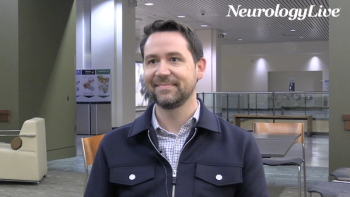
The vice president of Rare Disease Strategy at Worldwide Clinical Trials discussed how genetic counselors are becoming integral to the design, execution, and interpretation of clinical research. [WATCH TIME: 3 minutes]

A genetic counselor-only clinic enhances access to genetic testing in pediatric neurology, proving efficient and effective for timely precision diagnostics.

Caregivers share insights on discussing social determinants of health in pediatric clinics, revealing preferences for surveys over in-person conversations.

A study reveals the intricate decision-making process caregivers face when considering gene therapy for Duchenne muscular dystrophy, emphasizing shared input and personal experiences.

Catch up on any of the neurology news headlines you may have missed in October 2025, compiled into 1 place by the NeurologyLive® team.

Although their knowledge, experience, and access to genetic counselors varied, most licensed OB/GYNs across Ohio reported routinely offering carrier screening for spinal muscular atrophy.

Here's some of what is coming soon to NeurologyLive® this week.
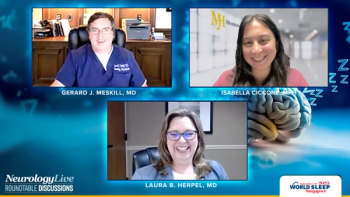
Experts discussed the benefits and challenges of once-nightly versus twice-nightly oxybate regimens for narcolepsy, emphasizing adherence, patient lifestyle, and comorbidity considerations. [WATCH TIME: 5 minutes]

Test your neurology knowledge with NeurologyLive®'s weekly quiz series, featuring questions on a variety of clinical and historical neurology topics. This week's topic is on the 2025 AANEM Annual Meeting!

A study reveals that genetic counseling significantly empowers individuals at risk for frontotemporal dementia, highlighting the need for best practice guidelines.

Experts discussed REFRESH study data highlighting oxybates’ tolerability, effectiveness, and potential to reduce stimulant burden in patients with narcolepsy. [WATCH TIME: 5 minutes]
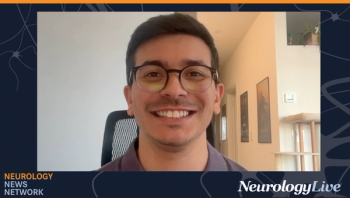
Neurology News Network for the week ending November 8, 2025. [WATCH TIME: 4 minutes]

Take 5 minutes to catch up on NeurologyLive®'s highlights from the week ending November 7, 2025.
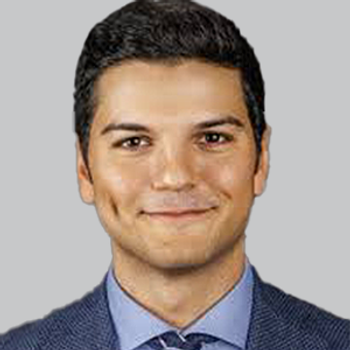
A new study presented at the National Society of Genetic Counselors Annual Conference highlights strong interest among individuals at risk for Huntington disease in undergoing modifier gene testing, underscoring the growing role of genetic insights in personal and clinical decision-making.